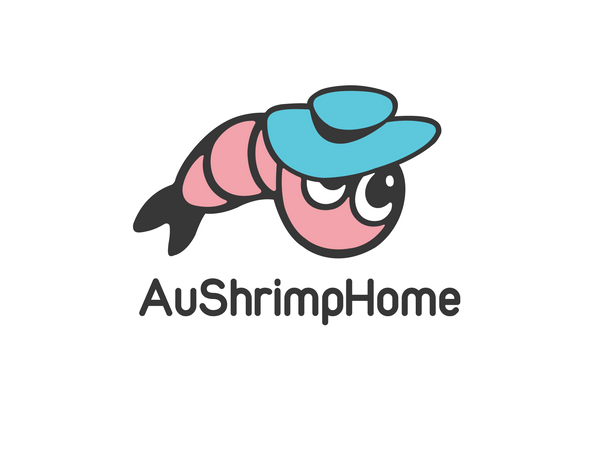
How many times should I need to feed the shrimp? Aquarium Shrimps Feeding Frequency
Share
Feeding frequency is crucial for maintaining the health and well-being of aquarium shrimp. Proper feeding practices ensure that shrimp receive the right amount of nutrition without negatively impacting water quality.
Recommended Feeding Frequency
-
Adult Shrimp:
- Once or Twice a Day: Most adult shrimp should be fed once or twice daily. Offer small amounts of food that they can consume within a few minutes. Adjust the amount based on their activity level and tank conditions.
-
Juvenile Shrimp:
- Twice a Day: Juvenile shrimp may require more frequent feeding as they grow quickly. Feed them twice daily, providing small quantities of finely crushed or powdered food.
-
Breeding Shrimp:
- Once or Twice a Day: Breeding shrimp, especially females carrying eggs, may benefit from slightly more frequent feedings to support their nutritional needs. Monitor their condition and adjust as necessary.
-
Special Cases:
- Overwintering or Sick Shrimp: Adjust feeding frequency based on their condition. Sick or stressed shrimp may require reduced feeding or special dietary considerations.
General Feeding Guidelines
-
Small Amounts:
- Offer small portions of food that can be consumed within 2-3 minutes. Overfeeding can lead to water quality issues and stress shrimp.
-
Observation:
- Monitor shrimp eating habits. If food is left uneaten for extended periods, reduce the quantity in future feedings.
-
Remove Excess Food:
- Remove any uneaten food promptly to prevent decomposition and deterioration of water quality.
-
Varied Diet:
- Provide a varied diet to ensure balanced nutrition. Include commercial shrimp food, vegetables, and occasional live or frozen foods.
-
Consistency:
- Maintain a consistent feeding schedule to help shrimp adapt and thrive in their environment.
-
Adjustments:
- Adjust feeding frequency and quantity based on shrimp size, tank conditions, and their overall health and activity levels.
Impact of Feeding Frequency
-
Water Quality:
- Overfeeding can lead to increased waste and deterioration of water quality. Proper feeding practices help maintain a clean and stable environment.
-
Growth and Health:
- Appropriate feeding frequency supports healthy growth and development in shrimp. Balanced nutrition is essential for their well-being.
-
Behavior:
- Regular feeding helps maintain natural behaviors and activity levels in shrimp. It can also reduce aggression and competition for food.
Maintaining the right feeding frequency ensures that shrimp receive the proper nutrition while helping to keep the aquarium environment clean and stable.
